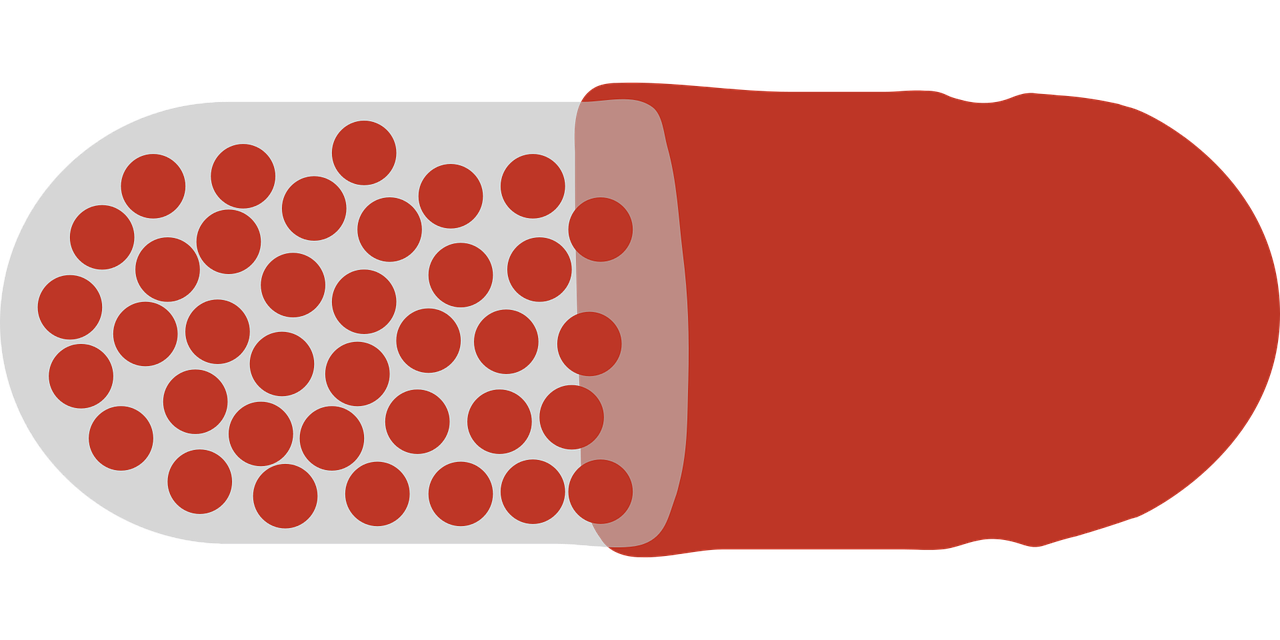
M.D. Pharmacology

About Course
Program Objectives
Goal:
The goal of MD course in Pharmacology is to:
- To train a medical graduate to be a Pharmacologist who is well versed with the basic principles of Pharmacology and is up to date with the recent
advances. - Acquisition of skills related to teaching, research methodology and corporate world.
- Knowledge of elementary statistics and its applications.
- Overall development of skills and personality of the PG resident.
- Broaden the scope of Pharmacology from bench to bed side.
Learning Objectives:
- Acquisition of knowledge:
The student should be able to clearly explain concepts and principles of pharmacology and therapeutics, drug development processes, the drugs and cosmetics act, rational use of drugs, antimicrobial resistance, pharmacovigilance, pharmacy, health economics, clinical trial processes and relevant national programs. - Acquisition of Skills:
The student should be able to develop and apply skills in pharmacology-based services (e.g. rational prescribing), in self-directed learning for evolving educational needs and scientific information, in conduct of research and in managerial assignments in the department/institution. - Teaching and training:
The student should be able to effectively teach and assess undergraduate medical students (MBBS) and allied health science courses (Dentistry, Nursing, Physiotherapy) so that they become competent healthcare professionals and are able to contribute to training of undergraduates (UG) and postgraduates. - Research:
The student should be able to conduct a research project (in both basic and clinical pharmacology) from the planning to the publication stage and be able to pursue academic interests and continue life-long learning to become a more experienced teacher & mentor in all the above areas and to eventually be able to guide postgraduates in their thesis, research work and all other academic activities. - Professionalism, Ethics and Communication skills:
The student should be able to learn and apply principles of professionalism, ethics and effective communication in conduct of research, pharmacology-based services, educational activities and day to day work.
Syllabus
Student Ratings & Reviews

No Review Yet